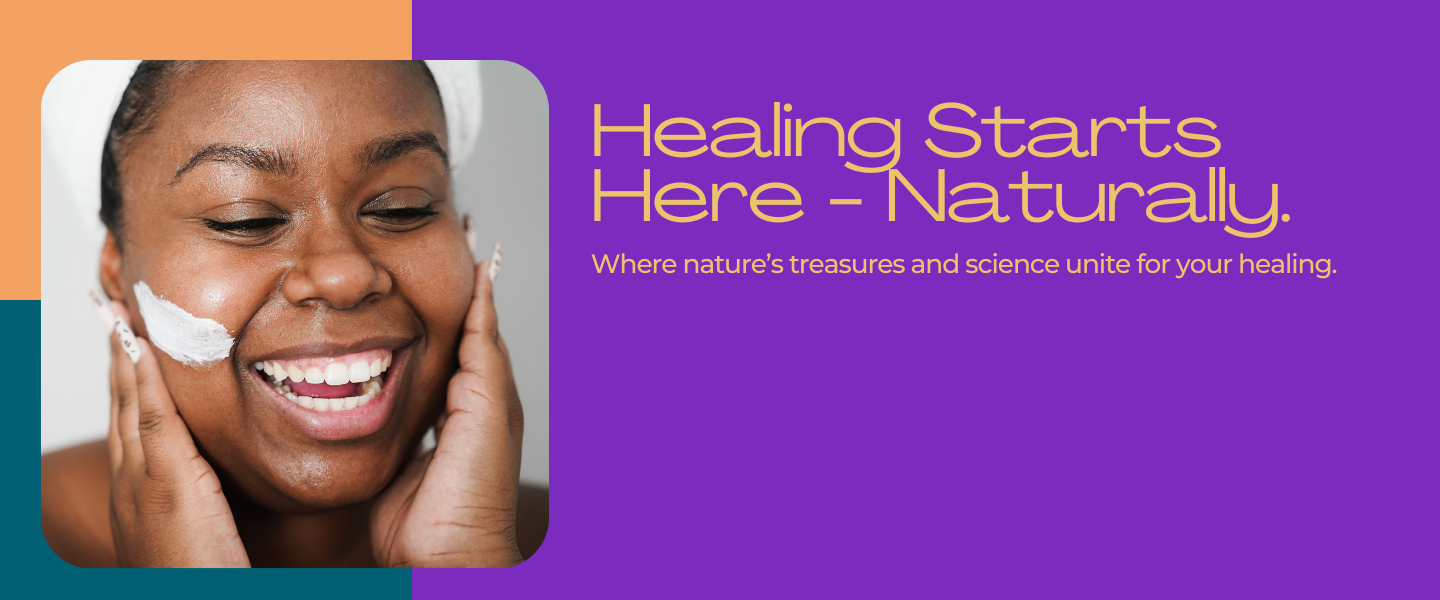
DMSO Eye Drops for Cataracts: Fact, Fiction, and Safe Alternatives
Cataracts are one of the most common vision challenges facing adults over 50. Blurry vision, glare at night, and fear of losing independence drive many to look for alternatives to surgery.
Among these alternatives, DMSO eye drops for cataracts have caught attention online. But do they really work? Are they safe? And what truly natural, holistic options exist?
Let’s clear the fog on this controversial topic, separate fact from fiction, and explore safer, science-informed approaches to maintaining eye health naturally.
What is DMSO?
DMSO (Dimethyl Sulfoxide) is an organic solvent originally derived from wood pulp. It’s been used in medical contexts as:
- A topical pain reliever
- An anti-inflammatory agent
- A penetration enhancer for other medications
Because of its unique ability to carry substances through membranes, some alternative-health communities have suggested DMSO might help “deliver” nutrients into the eye to address cataracts.
The Claim: DMSO Eye Drops for Cataracts
Advocates argue DMSO:
- Reduces oxidative stress in the lens
- Enhances absorption of other beneficial compounds
- May “dissolve” cataract opacities
These claims often appear on social media or niche wellness forums. Some products even combine DMSO and castor oil as an eye-drop blend, suggesting a synergistic benefit for natural cataract treatment.
The Reality: What Science Says
Here’s the hard truth:
- No reputable medical evidence supports the claim that DMSO eye drops can dissolve cataracts.
- Cataracts are caused by structural changes in lens proteins, which cannot simply be reversed with drops.
-
DMSO is not FDA-approved for ophthalmic use. Using it directly in the eye may pose risks, including irritation or damage to sensitive eye tissues.
That doesn’t mean all hope is lost for non-surgical cataract alternatives—but it does mean you should be cautious about unproven remedies.
Risks of Using DMSO in the Eyes
While DMSO is generally safe when used topically on skin under medical guidance, using it in the eye is different:
- Irritation: DMSO is a strong solvent. It can burn or sting on contact.
- Infection Risk: It increases membrane permeability, potentially allowing contaminants deeper into eye tissue.
- Lack of Regulation: DIY blends or unverified sellers can’t guarantee purity or sterility, making infections or adverse reactions more likely.
For those seeking safe eye care solutions, these are serious considerations.
Why the Idea Persists
Despite the risks, interest in DMSO eye drops for cataracts continues. Why?
- Fear of surgery: Many want to avoid invasive procedures.
- Distrust of pharmaceuticals: Preference for natural, non-toxic solutions.
- Anecdotal reports: Personal stories online fuel belief.
These motivations are real, valid, and deserve respect. It’s no wonder people want a natural cataract treatment that feels safer, gentler, and in line with holistic values.
Safe, Natural Alternatives to Consider
If you’re wary of surgery but want to support your eye health naturally, there are safer, evidence-based strategies to try.
1. Antioxidant-Rich Diet
Cataracts are partly driven by oxidative stress. Include:
- Leafy greens
- Colorful vegetables
- Berries
- Omega-3 sources
These foods deliver antioxidants that help slow age-related changes.
2. Lifestyle Adjustments
- Wear UV-protective sunglasses outdoors
- Don’t smoke—smoking accelerates cataract formation
- Manage blood sugar and blood pressure
These simple habits reduce risk factors without side effects.
3. Natural, Chemical-Free Eye Drops
For dryness and comfort—a major complaint for aging eyes—look for:
- Preservative-free formulations
- Natural oils for moisture
- Ingredients that support the tear film
Our Eye Care Collection is designed to offer chemical-free eye drops that soothe without irritation.
4. Gentle Topical Blends
While castor oil can't cure cataracts, it may help:
- Lubricate dry eyes
- Reduce irritation
-
Offer mild antioxidant support
Our natural cataract treatment approach uses carefully balanced oils to support comfort without harsh chemicals.
5. Holistic Eye Health Habits
Supporting your eyes means supporting your whole body:
- Stay hydrated
- Get regular checkups
- Use screen breaks to reduce strain
-
Do gentle eye exercises
These habits help you improve vision naturally and maintain independence for years to come.
When to Consider Surgery
While natural strategies can support eye health and potentially slow cataract progression, they can’t reverse advanced cataracts.
If your vision is seriously impacted—trouble driving, reading, or recognizing faces—it may be time to consult an ophthalmologist. Cataract surgery is safe, common, and often life-changing.
Even so, holistic habits can still help you heal better and protect your remaining vision.
Final Thoughts: Balancing Hope and Caution
It’s natural to want a non-surgical cataract alternative. But before trying something like DMSO eye drops for cataracts, it’s important to know the facts.
There’s no solid evidence they work, and real risks exist.
Instead, focus on safe, natural remedies and holistic care that supports your vision without compromise.
At Barecat Body, we’re committed to providing safe eye care solutions that honor your values—natural, non-toxic, and empowering you to see the world clearly.
